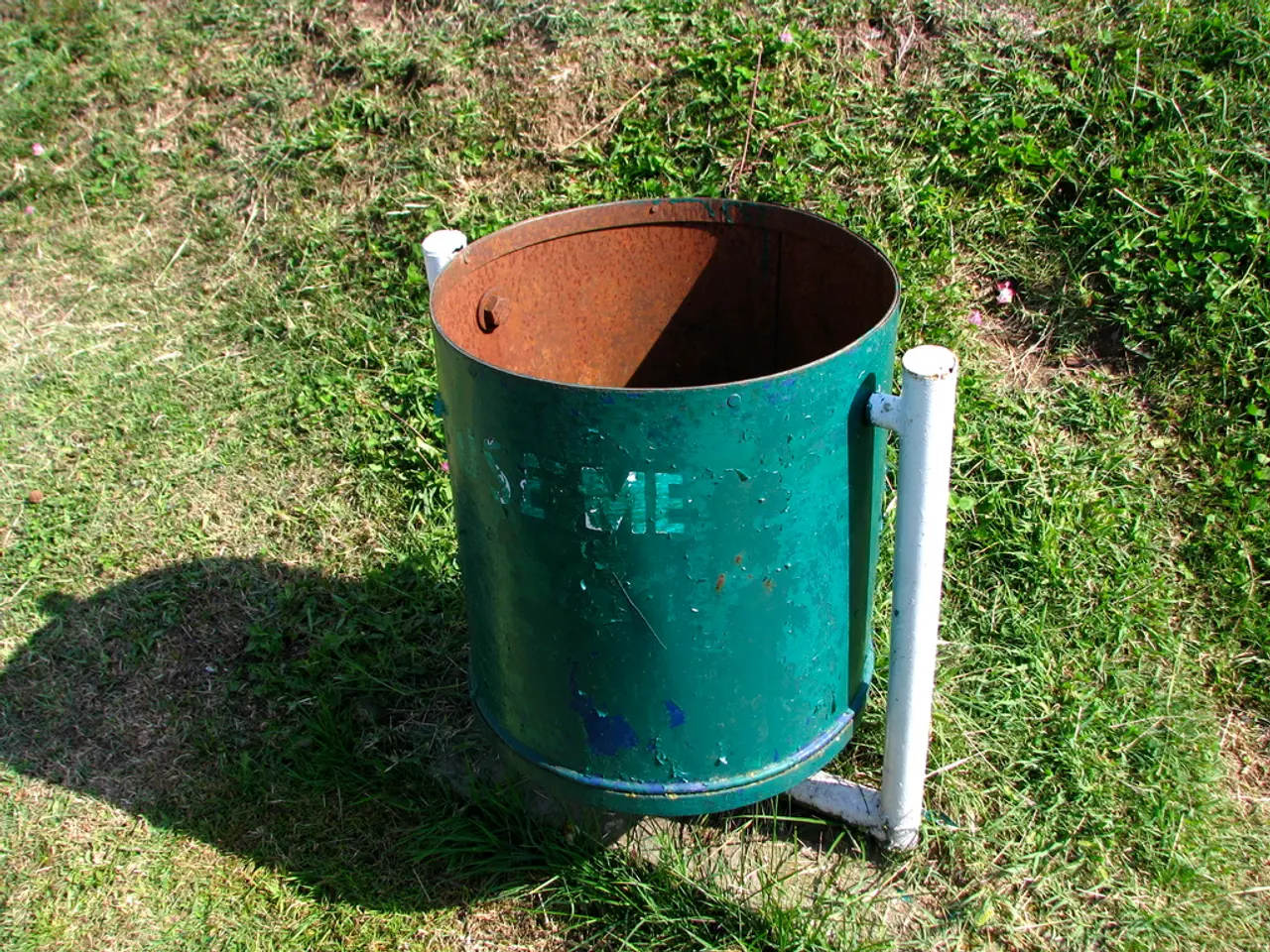Google and Vaulted Deep Collaborate on Carbon Sequestration and Methane Reduction Efforts
In a significant move towards addressing climate change, Google has partnered with Vaulted Deep to remove 50,000 tonnes of CO2 by 2030. This partnership, which also includes Isometric, aims to establish rigorous measurement protocols for methane mitigation.
The initiative focuses on addressing methane emissions, a potent greenhouse gas that contributes significantly to global warming. Methane is difficult to measure consistently due to variables like waste type, handling methods, moisture, temperature, and microbial activity. However, the partnership will pilot new methods for quantifying avoided methane emissions from organic waste.
More than half of methane emissions in the Denver-Julesburg Basin stem from farming. By addressing these emissions, the partnership could help save farmers up to $9 billion in lost crop yields annually. The work in Hutchinson, Kansas, serves as a starting point, but the implications are global for methane mitigation.
The waste sector in the U.S. accounts for about 40% of methane emissions. Vaulted's system takes organic waste and injects it deep underground, preventing methane production by removing the waste from the surface. This approach offers benefits such as reduced climate risk and cleaner local air.
The effort provides a model for integrating methane into carbon accounting with greater precision. The outcome will shape how waste management is valued in climate markets and how communities closest to these emissions see the benefits. Local benefits - from improved air quality to stronger agricultural resilience - amplify the case for action in methane mitigation.
Methane mitigation is one of the most effective levers available to slow warming this decade. Quantifying methane avoidance could unlock new investment pathways, particularly as regulatory frameworks such as the U.S. Inflation Reduction Act and the EU's methane strategy push for stricter monitoring.
The partnership will align on scientific criteria, commission a detailed report, and share results openly to strengthen standards across the sector. If successful, the methodology could help close a critical data gap in emissions inventories and support stronger compliance regimes.
The work in Hutchinson is just the beginning. As the partnership progresses, it could pave the way for wider adoption of methane mitigation strategies, contributing to a healthier planet and more resilient communities.
Read also:
- chaos unveiled on Clowning Street: week 63's antics from 'Two-Tier Keir' and his chaotic Labour Circus
- Racing ahead in Renewable Energy Dominance: Changzhou, Jiangsu Pushes for Worldwide Renewable Energy Ascendancy
- Public remains oblivious to potential hazards at gas export facilities, due to confidentiality surrounding their operations
- Feeling disoriented or perplexed.








